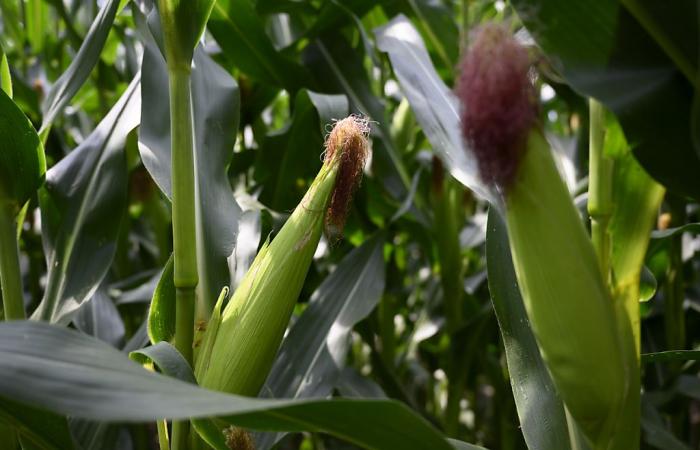Biodiversity is promoted when corn, climbing beans and squash are planted in the same field. Biologists from the University of Neuchâtel have demonstrated that traditional mixed farming increases the natural enemies of insect pests.
The group of Betty Benrey, professor of biology at the University of Neuchâtel (UniNE), is looking for solutions towards sustainable agriculture and in particular the reduction of pesticides, the establishment said on Thursday. The researchers were interested in milpa, a traditional polyculture of Mexico and Central America, in which three plants take advantage of their mutual specificities to develop together.
Corn, with its long stem, serves as a support for the climbing bean, which improves the system’s access to nitrogen via symbiotic bacteria. As for squash, they maintain the necessary humidity by covering the ground with their leaves.
‘This traditional Mesoamerican agroecosystem has been used since the domestication of these three crops in Mexico. Milpa is known for its durability and resilience, but the underlying mechanisms are poorly understood. This is what we have focused our research on over the past four years,” explained Betty Benrey, quoted in the press release.
More varied natural enemies
The study was carried out around Puerto Escondido, a Mexican city on the Pacific coast, characterized by a tropical climate. Betty Benrey’s team compared the diversity of arthropod communities (natural enemies of insect pests), calculated using an index which makes it possible to quantify the species richness of a given area (the Shannon index).
This was a field divided into plots comprising either monocultures, bicultures and tricultures of corn, climbing beans and squash. The results confirm the hypothesis that the milpa system favors a greater diversity of arthropods than monocultures, this because the positive effects in cases of polycultures are greater than if each of the species is cultivated independently.
The results of the study were published in the specialist journal ‘Agriculture, Ecosystems and Environment’.
/ATS






